May 11 stands as one of history’s most eventful days, witnessing the rise and fall of empires, groundbreaking discoveries, and moments that shaped our modern world across centuries of human achievement.

Politics and Government Events on May 11
2010 – David Cameron Becomes Prime Minister

David Cameron assumed office as Prime Minister of the United Kingdom following historic coalition negotiations. The Conservative Party joined forces with the Liberal Democrats to form Britain’s first coalition government since World War II.
This political arrangement marked a significant shift in British parliamentary democracy. The coalition government would navigate the country through major economic challenges and social reforms over the following years.
1973 – Pentagon Papers Charges Dismissed
Daniel Ellsberg’s charges for releasing the Pentagon Papers to The New York Times were dismissed due to government misconduct. The court’s decision represented a major victory for press freedom and government transparency.
The dismissal exposed serious violations of due process by federal prosecutors. This landmark case strengthened constitutional protections for whistleblowers and investigative journalism in America.
2014 – Istanbul Convention Signed
The Istanbul Convention was formally signed in Istanbul, Turkey, establishing comprehensive legal frameworks for combating violence against women. This groundbreaking international treaty set new standards for gender-based violence prevention across European nations.
The convention created binding obligations for participating countries to address domestic violence systematically. Its signing marked a pivotal moment in the global fight for women’s rights and safety.
2000 – Chechen Separatist Ambush
Chechen separatists launched a deadly ambush against Russian paramilitary forces in the Republic of Ingushetia during the Second Chechen War. The attack demonstrated the conflict’s expansion beyond Chechnya’s borders into neighboring regions.
This military engagement highlighted the ongoing instability throughout the North Caucasus region. The ambush intensified international concerns about the humanitarian crisis in the contested territories.
Military and Naval History on May 11
1987 – Klaus Barbie War Crimes Trial
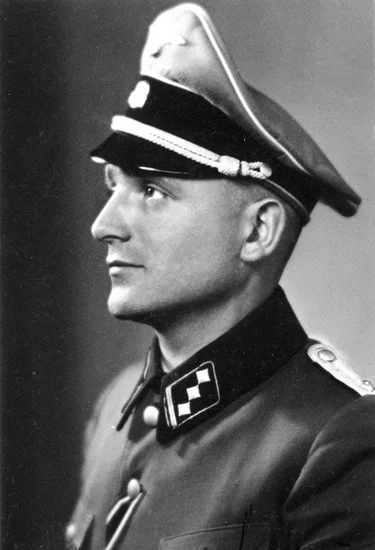
Klaus Barbie, the notorious “Butcher of Lyon,” faced trial in Lyon for war crimes committed during World War II. The proceedings marked one of the most significant Nazi war crimes prosecutions decades after the conflict ended.
Barbie’s capture and extradition from Bolivia represented a triumph of international justice. The trial brought long-awaited closure to Holocaust survivors and French resistance victims.
2009 – Camp Liberty Shooting
An American soldier opened fire on a counseling center at Camp Liberty in Baghdad, killing five fellow US soldiers and wounding three others. The tragic incident highlighted the severe psychological toll of prolonged military deployments in Iraq.
The shooting sparked renewed discussions about mental health support for combat veterans. Military leadership implemented enhanced screening and support programs following this devastating friendly fire incident.
2022 – Mon Taing Pin Massacre
The Burmese military executed at least 37 villagers during the Mon Taing Pin massacre in Sagaing, Myanmar. This brutal attack represented one of the most horrific incidents following the military coup that destabilized the country.
International human rights organizations condemned the systematic violence against civilians. The massacre intensified global calls for intervention and accountability in Myanmar’s ongoing civil conflict.
Science and Discovery Milestones on May 11
1997 – Deep Blue Defeats Kasparov

Deep Blue, IBM’s chess-playing supercomputer, defeated world champion Garry Kasparov in their historic rematch. This victory marked the first time a computer had beaten a reigning world chess champion in a formal match format.
The triumph demonstrated artificial intelligence’s rapid advancement and computational power. Deep Blue’s success fundamentally changed perceptions about machine intelligence and human-computer competition.
2009 – Hubble Space Telescope Final Service Mission

Space Shuttle Atlantis launched on the final mission to service the Hubble Space Telescope, extending its operational life significantly. Astronauts performed complex spacewalks to install new instruments and repair critical systems.
This mission ensured Hubble’s continued operation for another decade of groundbreaking astronomical discoveries. The successful servicing demonstrated NASA’s technical expertise and commitment to space-based scientific research.
2024 – Massive Solar Storm Event

The most powerful geomagnetic storms since 2003’s Halloween solar storms began affecting Earth’s magnetic field. These intense solar phenomena disrupted satellite communications and created spectacular aurora displays visible at unusually low latitudes.
The solar storms tested modern technological infrastructure’s resilience to space weather events. Scientists gained valuable data about solar-terrestrial interactions and electromagnetic field dynamics.
1998 – India’s Nuclear Tests

India conducted three underground atomic tests in Pokhran, demonstrating its nuclear weapons capability to the international community. These tests marked India’s emergence as a declared nuclear power and shifted regional strategic balances.
The nuclear demonstrations prompted global diplomatic responses and sanctions from major powers. India’s actions intensified debates about nuclear proliferation and regional security in South Asia.
Cultural and Arts Events on May 11
2024 – Eurovision Song Contest Victory
The 68th Eurovision Song Contest took place in Malmö, Sweden, with Switzerland’s Nemo winning with “The Code.” Nemo became the contest’s first non-binary winner, marking a significant milestone for LGBTQ+ representation in international entertainment.
The victory celebrated diversity and inclusion on Europe’s largest entertainment stage. Nemo’s triumph resonated with audiences worldwide and advanced conversations about gender identity in popular culture.
1985 – Bradford City Stadium Fire

A devastating fire at Bradford City’s stadium killed 56 spectators and injured over 200 others during a football match. The tragedy shocked the sports world and led to comprehensive safety reforms across British football venues.
The disaster prompted immediate investigations into stadium safety standards and emergency procedures. New regulations transformed sports venue design and crowd management practices throughout the United Kingdom.
1919 – Uruguay Signs Copyright Treaty
Uruguay became a signatory to the Buenos Aires copyright treaty, strengthening intellectual property protections across Latin America. This international agreement established crucial frameworks for protecting artistic and literary works across national borders.
The treaty’s adoption demonstrated growing recognition of intellectual property rights in developing nations. Uruguay’s participation helped standardize copyright laws throughout the Americas.
Religious and Social Events on May 11
2022 – Journalist Shireen Abu Akleh Killed
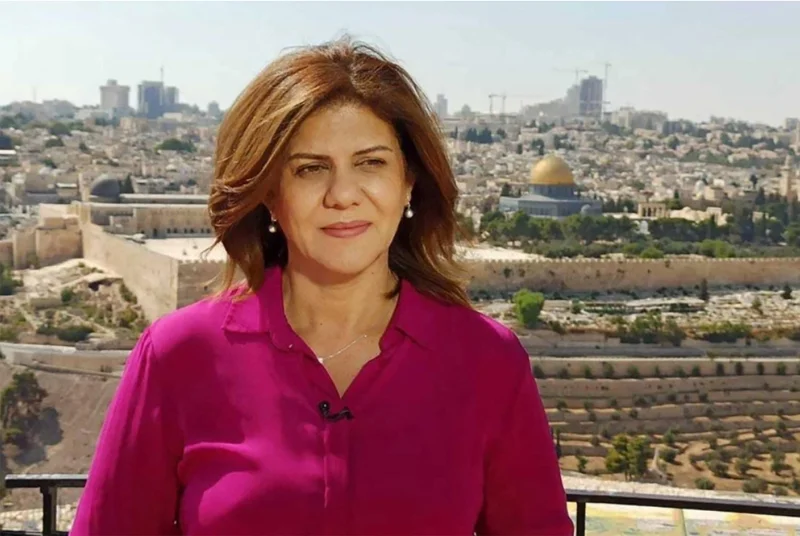
Palestinian-American journalist Shireen Abu Akleh was killed while covering a military raid in Jenin. Israel eventually admitted and apologized for the killing after initial denials, highlighting the dangers faced by journalists in conflict zones.
Abu Akleh’s death sparked international outrage and renewed debates about press freedom in occupied territories. Her killing underscored the vital role journalists play in documenting human rights violations.
2016 – ISIL Baghdad Bombing
One hundred and ten people were killed in an ISIL bombing attack in Baghdad, demonstrating the terrorist organization’s continued ability to strike civilian targets. The devastating explosion targeted innocent civilians in a crowded market area.
The attack highlighted ongoing security challenges in Iraq despite military gains against ISIL. International coalition forces intensified efforts to eliminate terrorist safe havens following this tragic incident.
2015 – Reyhanlı Bombing
Fifty-two people were killed in a bombing attack in Reyhanlı, Turkey, near the Syrian border. The explosion demonstrated how regional conflicts spilled over into neighboring countries, affecting civilian populations.
The attack intensified security concerns along Turkey’s border with Syria. Turkish authorities implemented enhanced border security measures and increased cooperation with international partners.
Business and Economic Events on May 11
1996 – ValuJet Flight 592 Crash

ValuJet Airlines Flight 592 crashed in the Florida Everglades after a cargo hold fire, killing all 110 passengers and crew aboard. The disaster was caused by improperly handled chemical oxygen generators that ignited during flight.
The tragedy led to sweeping aviation safety reforms and enhanced cargo handling regulations. The Federal Aviation Administration implemented stricter oversight of low-cost carriers and hazardous materials transportation.
2014 – Kinshasa Stadium Stampede
Fifteen people were killed and 46 injured in Kinshasa, Democratic Republic of Congo, during a stadium stampede caused by police throwing tear gas. The incident highlighted poor crowd control practices at major sporting events in developing nations.
The tragedy prompted reviews of stadium safety protocols and police crowd management techniques. International sports organizations provided training and resources to improve safety standards.
2013 – Lorca Earthquake

A magnitude 5.1 earthquake struck Lorca, Spain, causing significant damage to the historic city and injuring numerous residents. The seismic event demonstrated the vulnerability of older European cities to natural disasters.
The earthquake prompted enhanced building codes and seismic safety measures throughout Spain. Recovery efforts focused on preserving Lorca’s historic architecture while improving structural resilience.
Transportation and Infrastructure on May 11
1970 – Lubbock Tornado Devastation
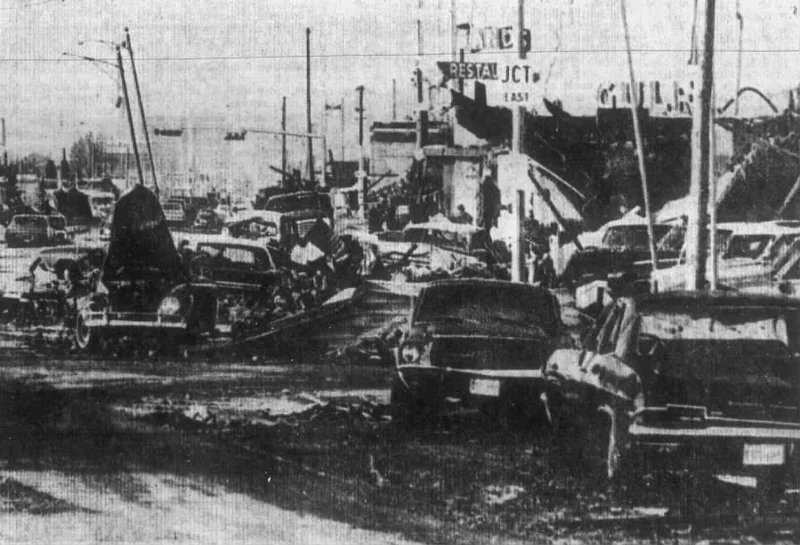
The 1970 Lubbock tornado killed 26 people and caused $250 million in damage across Texas. This powerful F5 tornado carved a destructive path through the city, destroying thousands of buildings and vehicles.
The disaster led to improved tornado warning systems and emergency response protocols. Meteorologists developed better forecasting techniques and public alert systems following this devastating weather event.
1973 – Aeroflot Flight 6551 Crash

Aeroflot Flight 6551 crashed in Semey, Kazakhstan, killing all 63 passengers and crew aboard. The aviation disaster highlighted safety concerns within the Soviet Union’s state-controlled airline system.
The crash prompted investigations into Soviet aviation safety standards and pilot training procedures. International aviation authorities called for improved safety protocols and maintenance standards.
2011 – Lorca Earthquake Impact

A magnitude 5.1 earthquake struck Lorca, Spain, causing widespread infrastructure damage and disrupting transportation networks. The seismic event damaged roads, bridges, and railway lines throughout the region.
Emergency services coordinated massive relief efforts to restore transportation links. The earthquake demonstrated the importance of seismic-resistant infrastructure design in earthquake-prone regions.
Sports and Recreation on May 11
1985 – Bradford City Stadium Fire

The Bradford City stadium fire killed 56 spectators and injured over 200 during a football match celebration. The devastating blaze started in the stadium’s wooden grandstand and spread rapidly through the structure.
The tragedy transformed football stadium safety standards across Britain and internationally. New fire safety regulations mandated sprinkler systems, improved exits, and non-flammable construction materials.
2014 – Kinshasa Soccer Stampede
Police threw tear gas into soccer stands in Kinshasa, Democratic Republic of Congo, causing a deadly stampede that killed 15 people and injured 46 others. The incident occurred during a crucial league match between rival teams.
The tragedy highlighted inadequate crowd control measures at African sporting venues. FIFA and other international organizations provided training and resources to improve safety standards.
2016 – Baghdad Market Bombing
ISIL terrorists bombed a crowded market area in Baghdad, killing 110 innocent civilians during their daily activities. The attack targeted a popular shopping district frequented by families and recreational visitors.
The bombing demonstrated terrorists’ strategy of targeting civilian gathering places to maximize casualties. Iraqi security forces enhanced protection around markets, stadiums, and recreational facilities.
Notable Births on May 11
1904 – Salvador Dalí Born

Spanish surrealist artist Salvador Dalí entered the world in Figueres, Catalonia, destined to become one of history’s most recognizable painters. His early fascination with dreams and the subconscious would define his artistic vision.
Dalí’s flamboyant personality and melting clocks paintings revolutionized modern art. His theatrical approach to creativity influenced generations of artists and established surrealism as a major artistic movement.
1918 – Richard Feynman Born
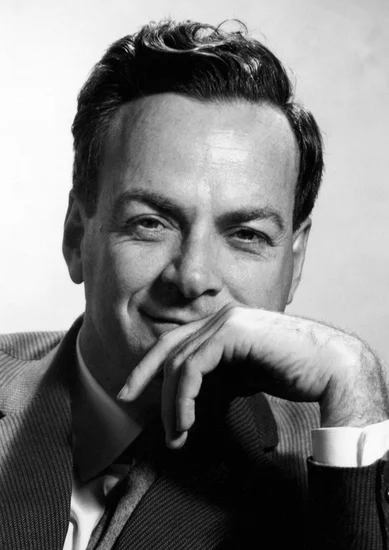
American physicist Richard Feynman was born in New York City, beginning a life dedicated to understanding the fundamental nature of reality. His curiosity about physics emerged during his childhood experiments with radios and mechanical devices.
Feynman would later win the Nobel Prize for his groundbreaking work in quantum electrodynamics. His ability to explain complex scientific concepts in simple terms made him one of the most beloved physics educators.
1924 – Antony Hewish Born

English astronomer Antony Hewish was born in Cornwall, eventually becoming a pioneering radio astronomer. His early interest in celestial phenomena led him to develop innovative radio telescope techniques.
Hewish would later win the Nobel Prize for his role in discovering pulsars, rotating neutron stars that emit regular radio pulses. His work revolutionized understanding of stellar evolution and cosmic phenomena.
1989 – Cam Newton Born

American football quarterback Cam Newton was born in Atlanta, Georgia, destined to become one of the NFL’s most dynamic players. His athletic abilities emerged early through high school football and basketball competitions.
Newton would later win the NFL MVP award and lead the Carolina Panthers to Super Bowl appearances. His unique combination of passing accuracy and rushing ability redefined quarterback play.
1984 – Andrés Iniesta Born

Spanish footballer Andrés Iniesta was born in Fuentealbilla, beginning a journey toward becoming one of soccer’s greatest midfielders. His technical skills and vision on the field developed through Barcelona’s youth academy system.
Iniesta would later score Spain’s World Cup-winning goal in 2010 and win numerous Champions League titles. His elegant playing style and leadership qualities made him a global soccer icon.
1999 – Sabrina Carpenter Born

American singer and actress Sabrina Carpenter was born in Lehigh Valley, Pennsylvania, beginning her entertainment career at a young age. Her musical talents and acting abilities quickly gained recognition in Disney Channel productions.
Carpenter successfully transitioned from child star to mainstream recording artist with multiple chart-topping albums. Her authentic songwriting and vocal abilities established her as a prominent figure in contemporary pop music.
1992 – Thibaut Courtois Born

Belgian footballer Thibaut Courtois was born in Bree, Belgium, destined to become one of the world’s premier goalkeepers. His exceptional height and reflexes made him stand out in youth soccer programs.
Courtois would later win Champions League titles and become Belgium’s national team captain. His shot-stopping abilities and distribution skills redefined modern goalkeeper play at the highest levels.
1916 – Camilo José Cela Born
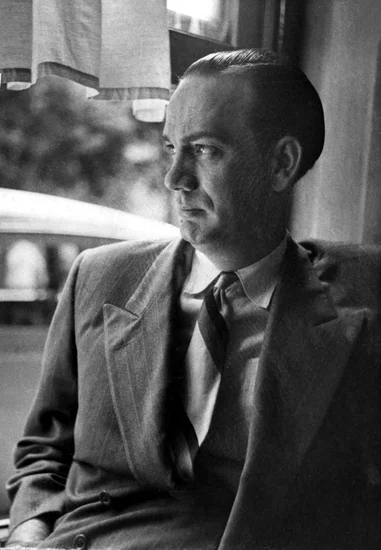
Spanish author Camilo José Cela was born in Iria Flavia, Galicia, beginning a literary career that would earn international recognition. His early experiences during the Spanish Civil War profoundly influenced his writing style.
Cela would later win the Nobel Prize in Literature for his powerful novels exploring Spanish society. His innovative narrative techniques and social commentary established him as one of Spain’s greatest modern writers.
Notable Deaths on May 11
1981 – Bob Marley Dies

Jamaican reggae legend Bob Marley died in Miami at age 36 from complications related to melanoma. His revolutionary music and Rastafarian philosophy had already transformed popular culture and social consciousness worldwide.
Marley’s death marked the end of an era for reggae music and Pan-African movements. His songs continue inspiring social justice movements and his legacy transcends musical boundaries.
2001 – Douglas Adams Dies
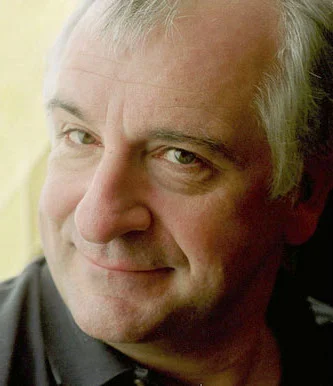
British author Douglas Adams died suddenly in California at age 49 from a heart attack. His “Hitchhiker’s Guide to the Galaxy” series had revolutionized science fiction comedy and influenced generations of writers.
Adams’ unique blend of humor and philosophical insight made complex concepts accessible to mainstream audiences. His satirical approach to technology and bureaucracy remains remarkably prescient in the digital age.
1916 – Karl Schwarzschild Dies
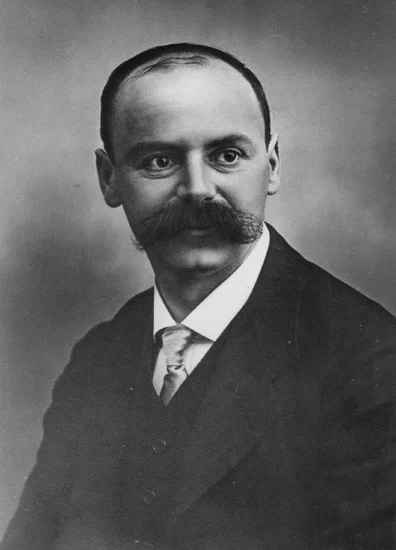
German astronomer and physicist Karl Schwarzschild died on the Russian front during World War I at age 42. His groundbreaking work on Einstein’s general relativity theory occurred while serving as a soldier.
Schwarzschild’s mathematical solutions to Einstein’s field equations laid foundations for black hole physics. His tragically short life produced insights that continue advancing our understanding of spacetime and gravity.
1960 – John D. Rockefeller Jr. Dies

American businessman and philanthropist John D. Rockefeller Jr. died in New York at age 86 after a lifetime of charitable giving. His philanthropic efforts transformed education, medicine, and cultural institutions worldwide.
Rockefeller’s donations created major universities, funded medical research, and preserved historic sites. His approach to systematic philanthropy established models for modern charitable foundations and social responsibility.
2020 – Jerry Stiller Dies

American comedian and actor Jerry Stiller died in New York at age 92 after decades of entertaining audiences. His comedy partnerships with wife Anne Meara and his television roles brought laughter to millions.
Stiller’s performances in “Seinfeld” and “The King of Queens” showcased his impeccable comedic timing. His influence on comedy extended through his son Ben Stiller’s successful entertainment career.
1988 – Kim Philby Dies
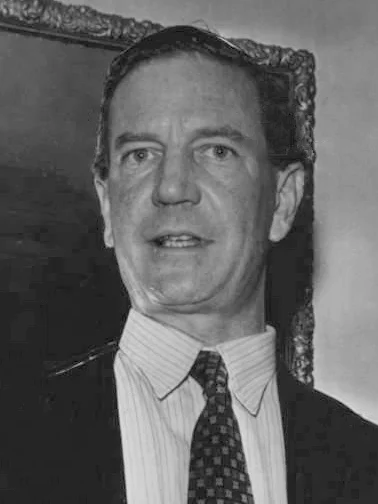
British-Soviet double agent Kim Philby died in Moscow at age 76 after decades of Cold War espionage. His betrayal of British intelligence operations had devastating consequences for Western security services.
Philby’s defection to the Soviet Union represented one of the most damaging intelligence breaches in history. His story continues fascinating scholars studying Cold War espionage and ideological conflict.
1963 – Herbert Spencer Gasser Dies

American physiologist Herbert Spencer Gasser died in New York at age 74 after pioneering research on nerve impulses. His Nobel Prize-winning work advanced understanding of how nervous systems transmit information.
Gasser’s discoveries about nerve fiber function revolutionized neuroscience and medical treatment of neurological disorders. His research methods influenced generations of scientists studying biological electrical systems.
2019 – Peggy Lipton Dies

American actress Peggy Lipton died in Los Angeles at age 72 after battling cancer. Her groundbreaking role in “The Mod Squad” broke racial barriers and redefined television drama in the 1960s.
Lipton’s performances in “Twin Peaks” introduced her to new generations of fans. Her advocacy for civil rights and social justice extended beyond her entertainment career.
Holidays and Observances on May 11
Christian Feast Days
May 11 commemorates several important Christian saints including Anthimus of Rome, Gangulphus of Burgundy, Majolus of Cluny, and Mamertus. These religious observances honor early Christian martyrs and church leaders who shaped medieval Christianity.
Mamertus is particularly significant as the first of the Ice Saints, traditional figures associated with late spring frost warnings. These feast days connect modern believers with Christianity’s historical foundations and seasonal agricultural cycles.
Ice Saints Tradition
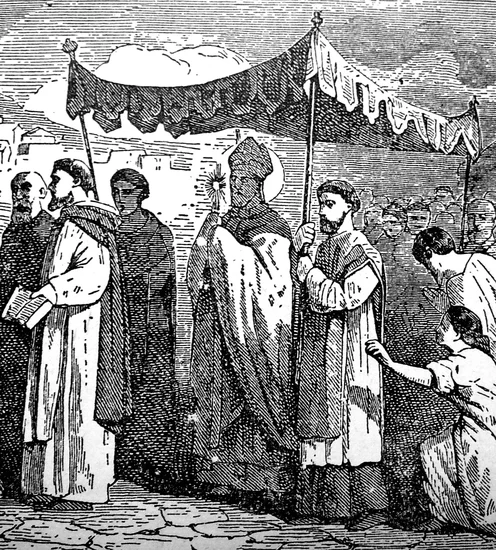
Mamertus begins the Ice Saints period, a traditional European weather observation linking Christian saints with agricultural practices. Farmers historically watched for potential late frosts that could damage crops during this crucial growing season.
This folk tradition demonstrates how religious calendars integrated with practical agricultural knowledge. The Ice Saints observance continues in rural European communities, blending spiritual devotion with seasonal awareness.
International Observances
Various international organizations recognize May 11 for commemorative purposes and awareness campaigns. These observances promote global cooperation and address contemporary social challenges through coordinated international action.
Modern observances complement traditional religious celebrations, creating diverse opportunities for reflection and community engagement. These varied traditions demonstrate how single dates can hold multiple meanings across different cultures and belief systems.
